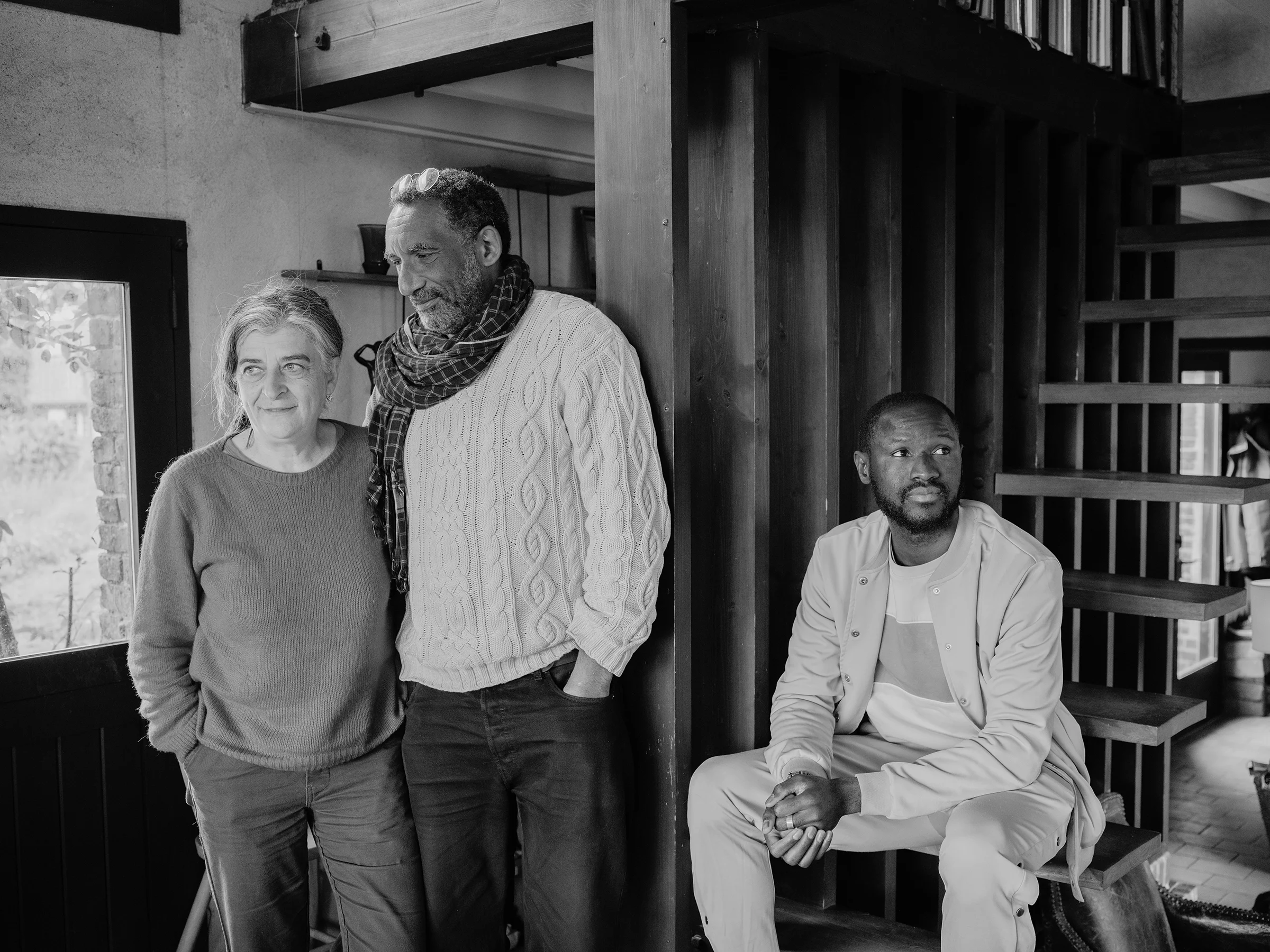
In northwestern France, where the cliffs of Normandy meet the English Channel, an initiative called Des Lits Solidaires (Beds of Solidarity) was launched in 2013 in Le Havre. Created by around fifty local families, the association formed a grassroots network to host unaccompanied migrant minors, young people arriving in France alone, without family or guardians. What began as a response to an urgent humanitarian need quickly grew into something deeper: a powerful form of intergenerational exchange. Parents and grandparents opened their homes, their time, and their daily lives to teenagers who had crossed borders and often trauma to enter adulthood without support.
The goal was simple: to offer a safe place to sleep, a warm meal, and human connection—until the French child protection system (Aide Sociale à l’Enfance, ASE) took over, as required by law. But in practice, the network filled many gaps the state left open. Volunteers helped youth access school, training, and legal protections.
Though the association is currently on pause, many families continue to host through a WhatsApp group. Some minors stay a few days, others for months or even years. During COVID-19 lockdowns, these bonds deepened further.
Each year, thousands of unaccompanied minors arrive in France, most between 14 and 17, fleeing war, poverty, or family loss. Instead of care, many are met with suspicion. Their age is often contested, and until proven otherwise, they are treated as adults, denied housing, support, and education.
The Des Lits Solidaires network became more than a stopgap: it was a structure of care, a community of resistance, and a reminder that solidarity can take the shape of a meal shared, a bed offered, or a voice that simply says, “You’re not alone.”
What is the value of generations coming together in programs like this?
“I never set out to create an intergenerational bond. But it happened naturally. The young people we welcomed were around the same age as my daughters. Some still call me today for advice and tell me I’m like a mother to them. I believe that’s what they need: a stable, caring, almost familial figure. When you’re alone, underage, in a foreign country, rebuilding that kind of connection can change everything.
In a political context where so many young people find themselves isolated, displaced, sometimes forgotten, I believe we also have a human responsibility. Welcoming someone is a profoundly simple, yet essential act. It’s not charity, it’s a way of recognizing the other as an equal, as someone you can love, support, and listen to. And over time, these gestures weave real bonds. Not symbolic ones. Family bonds, in the truest sense of the word. And that, that moves me deeply.”
Ariane, member of Des Lits Solidaires

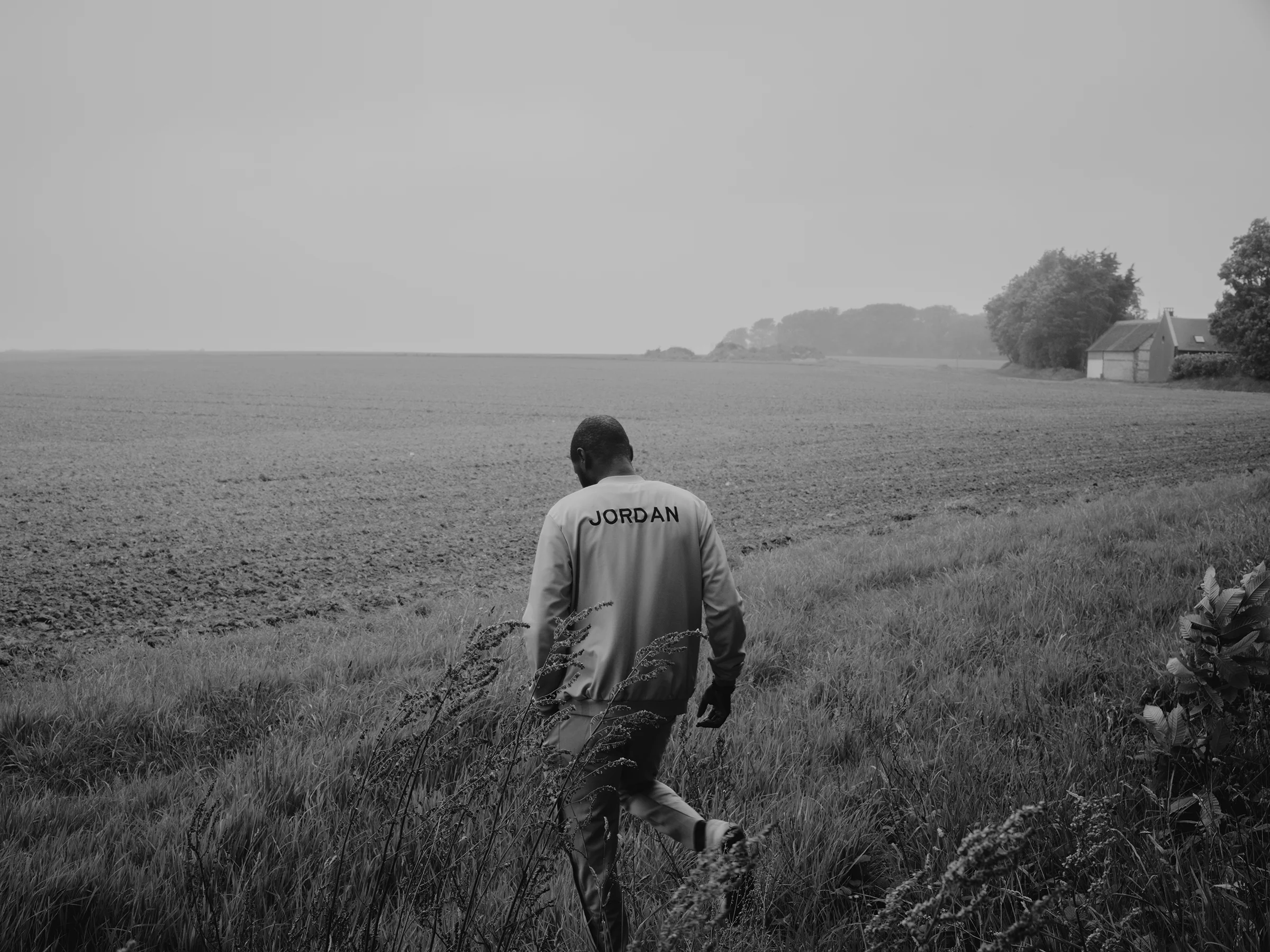

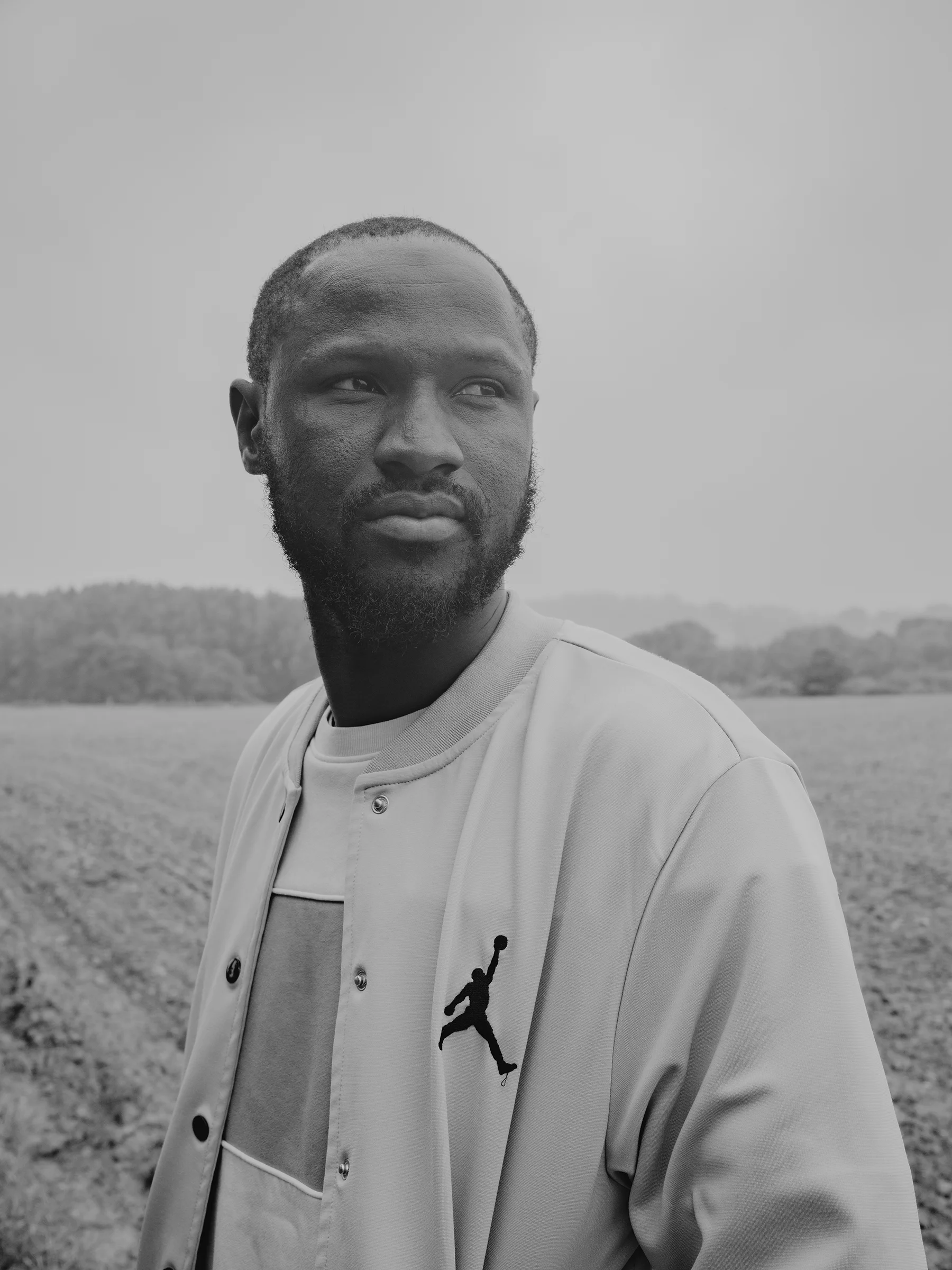

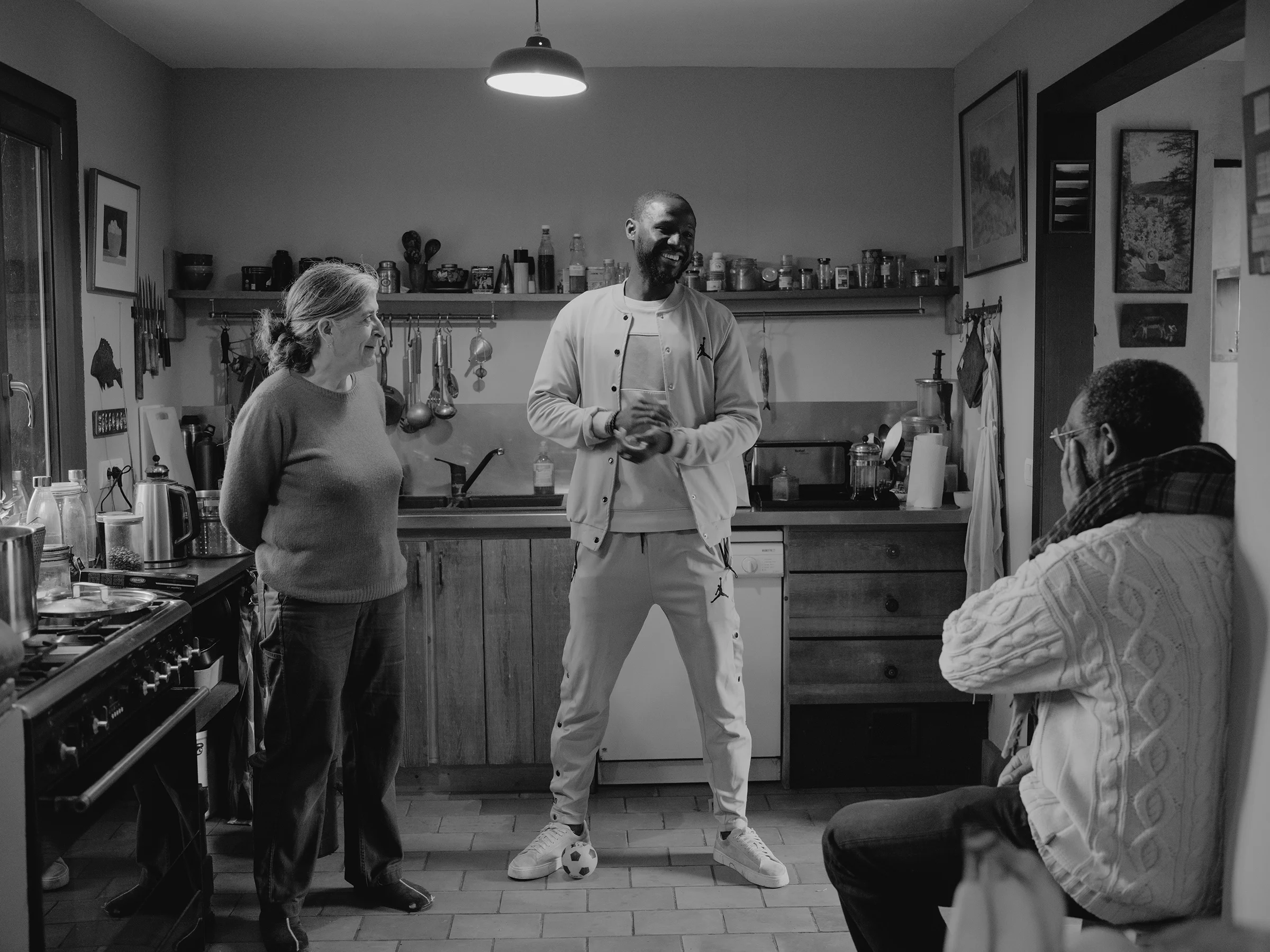
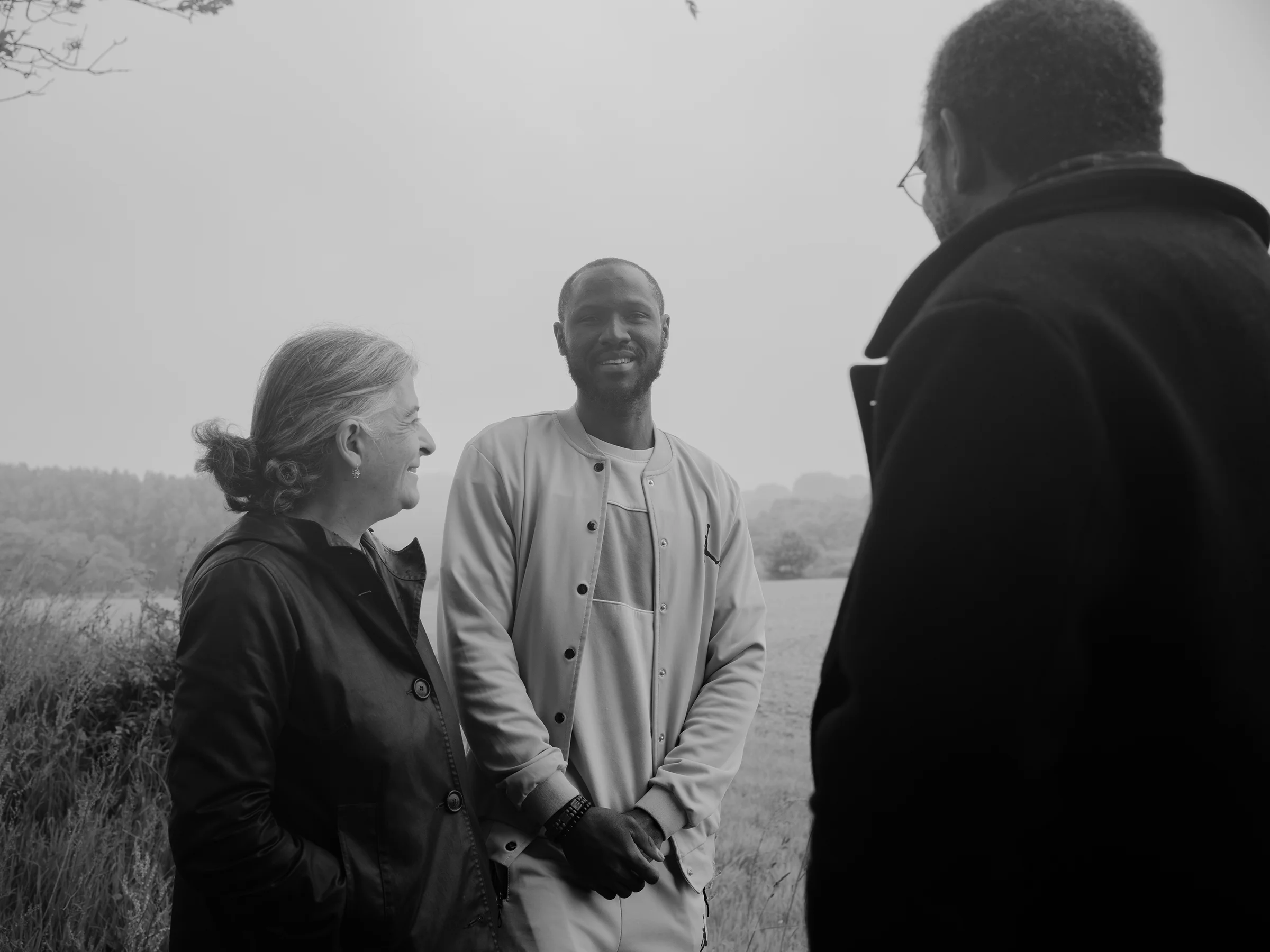


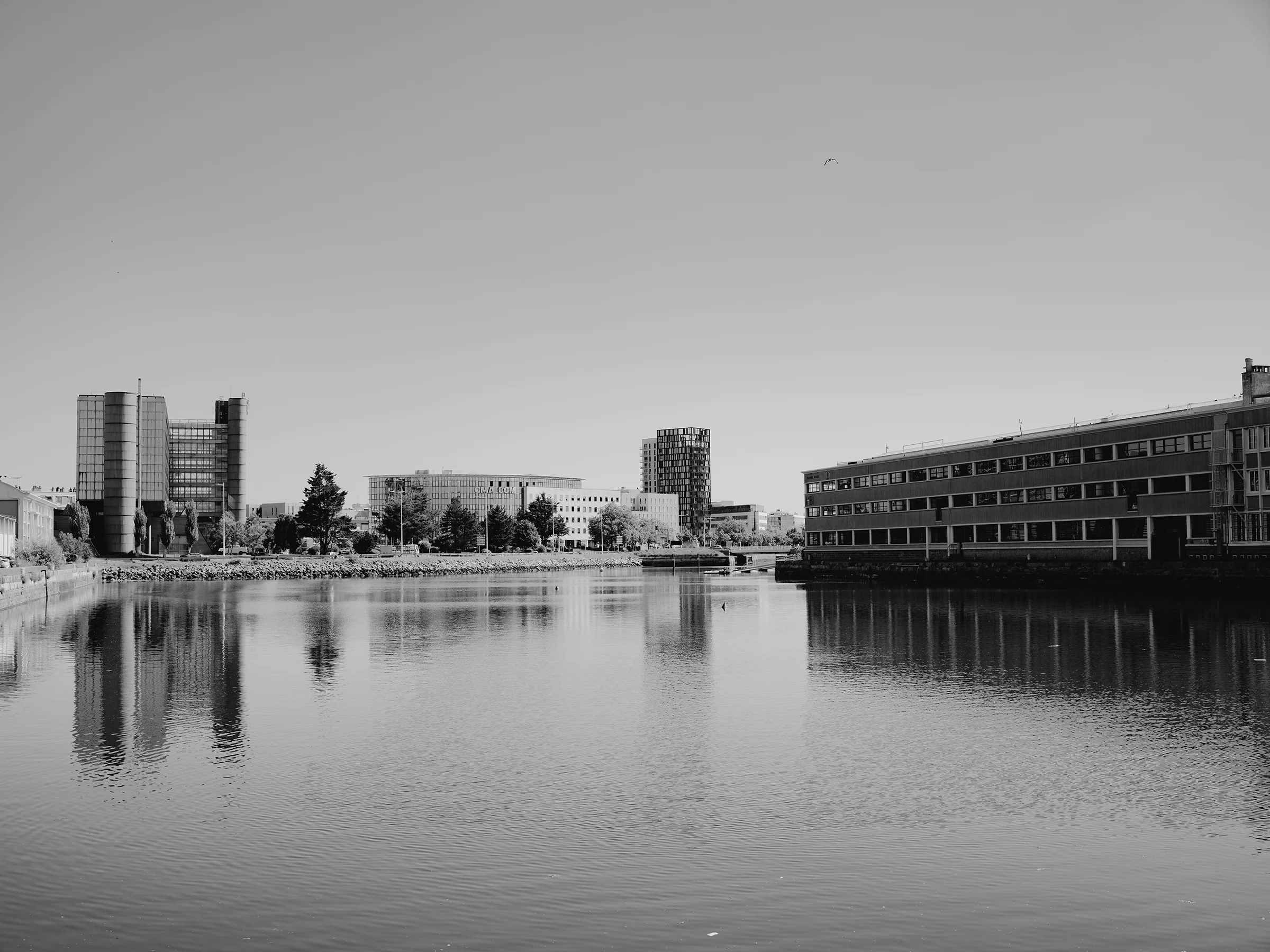
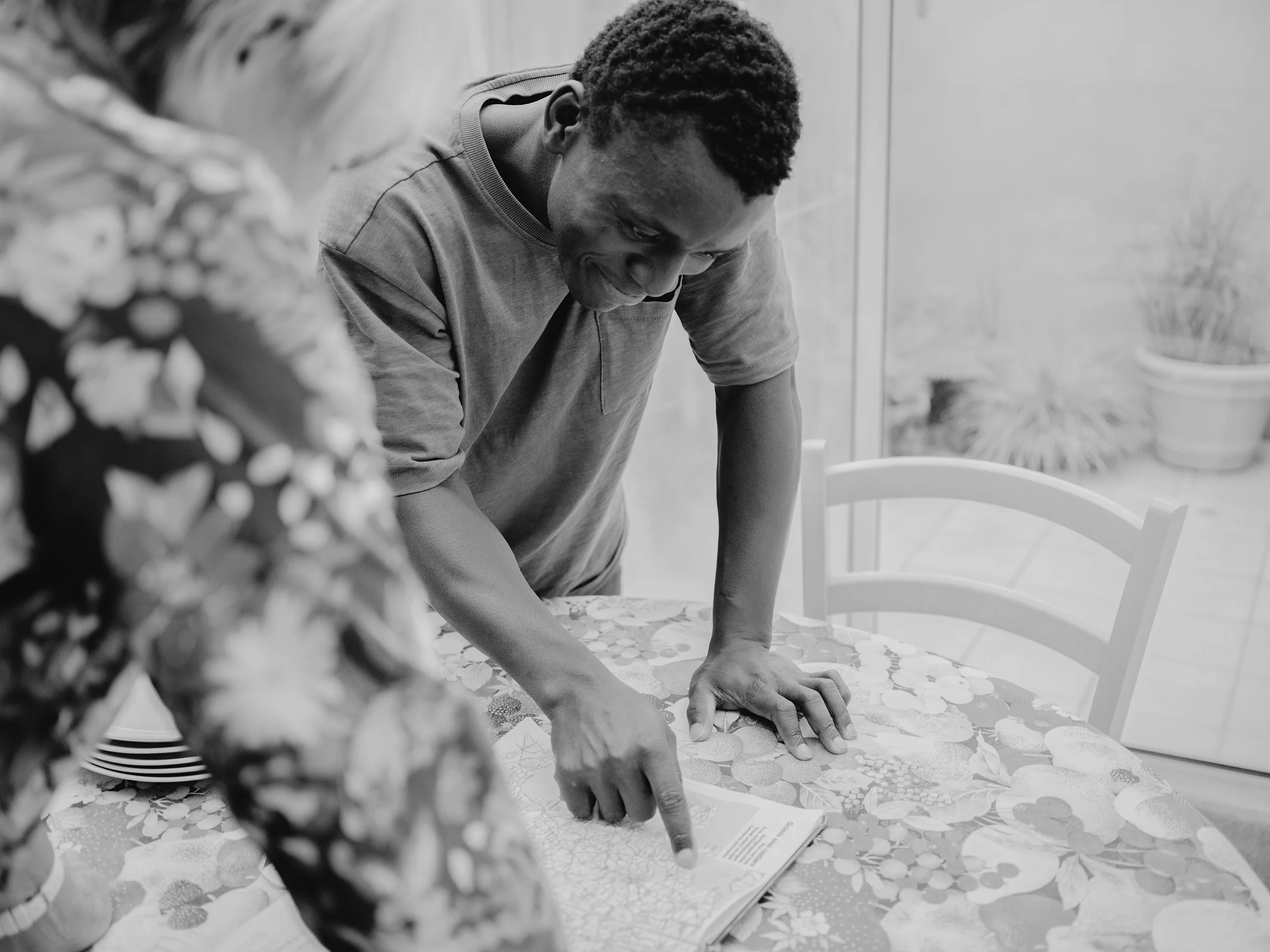
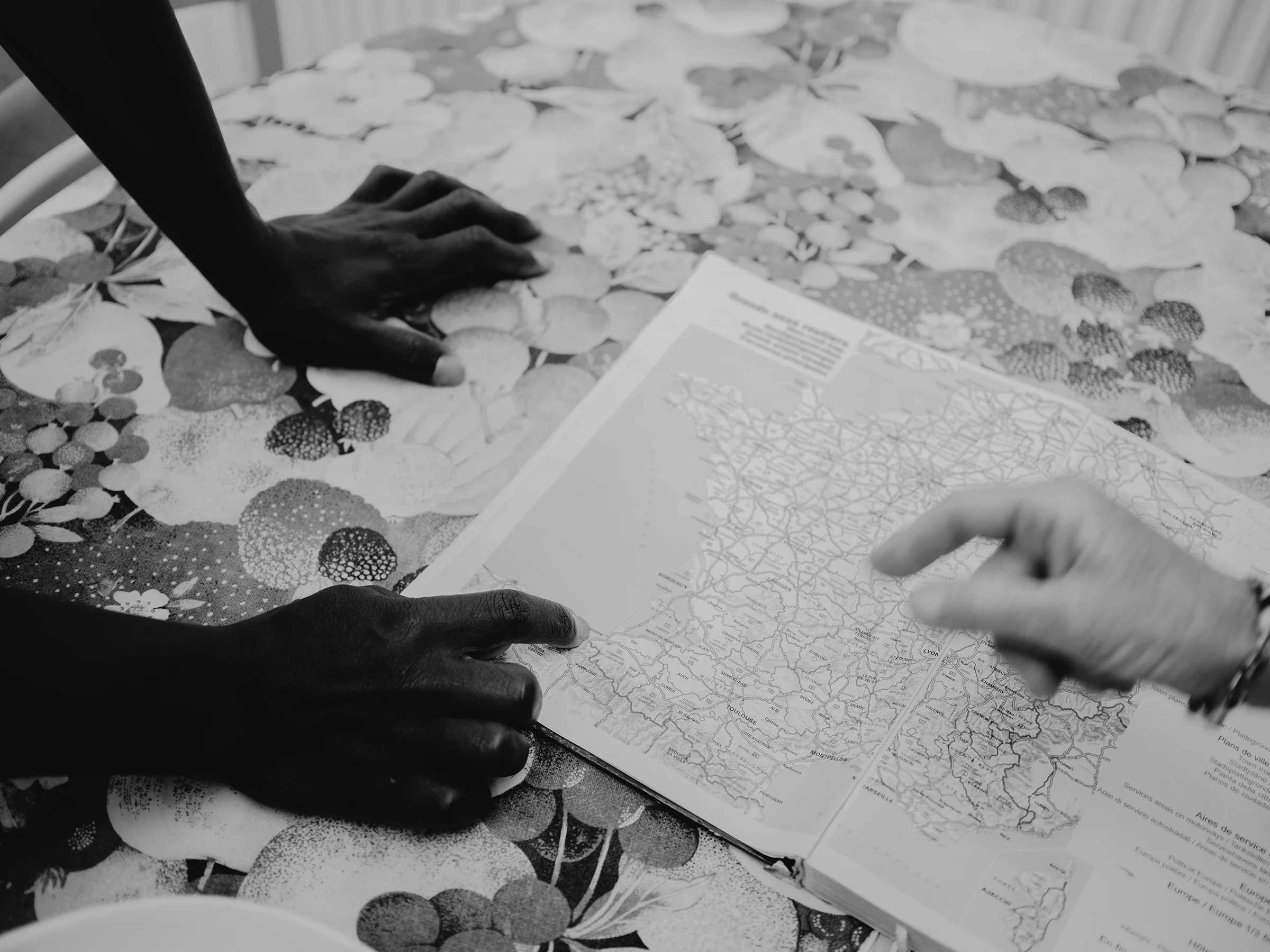

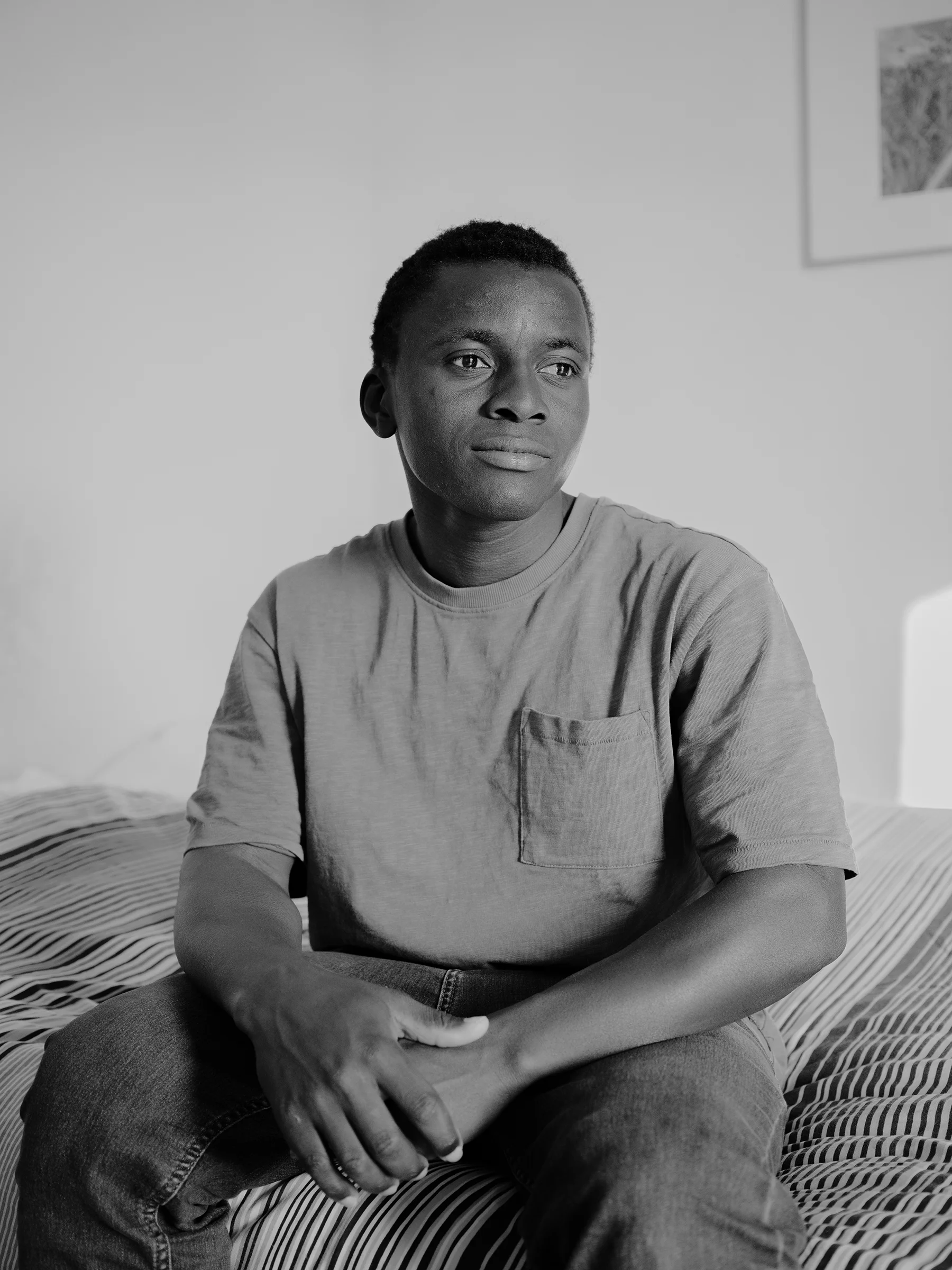
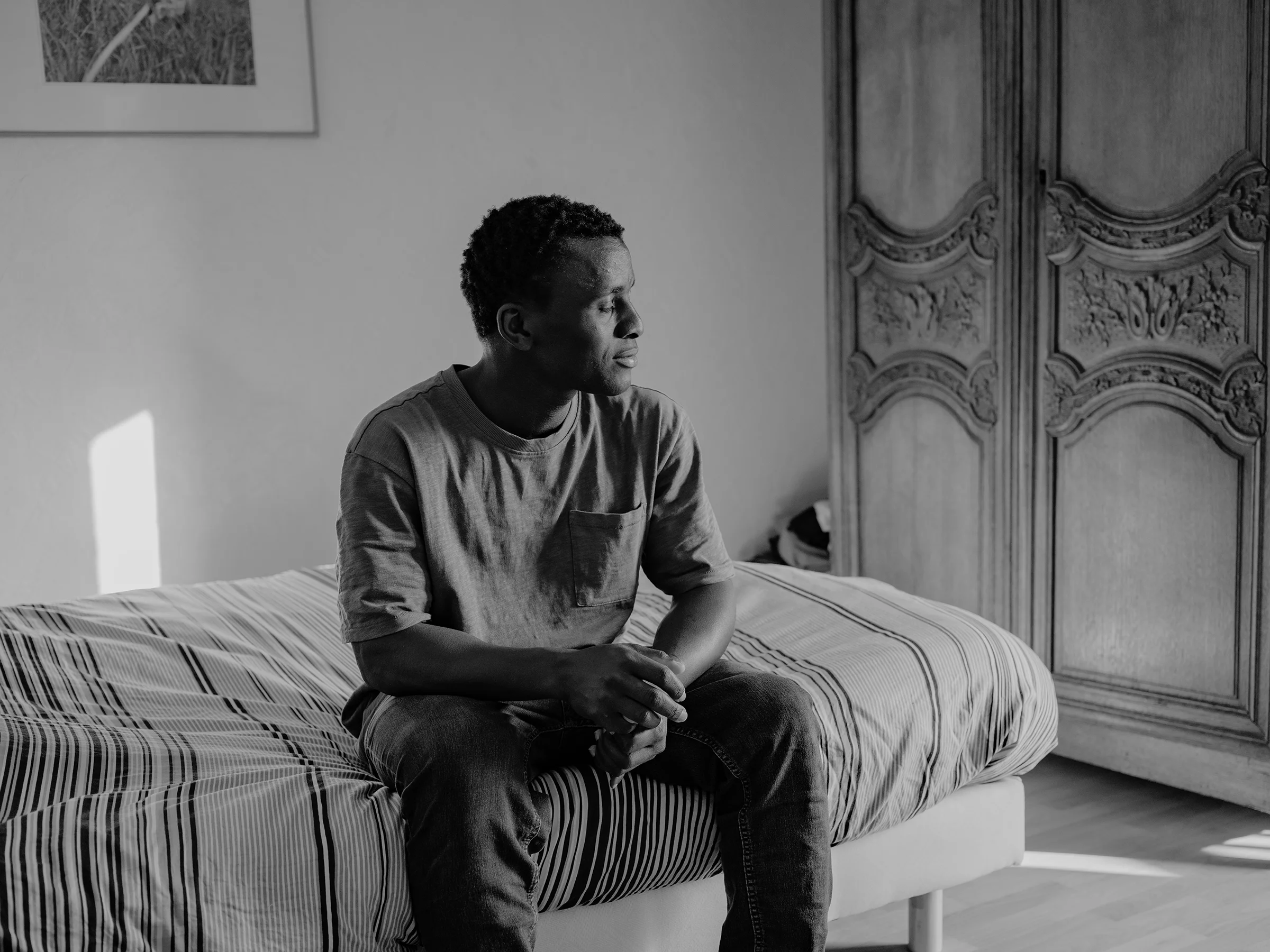
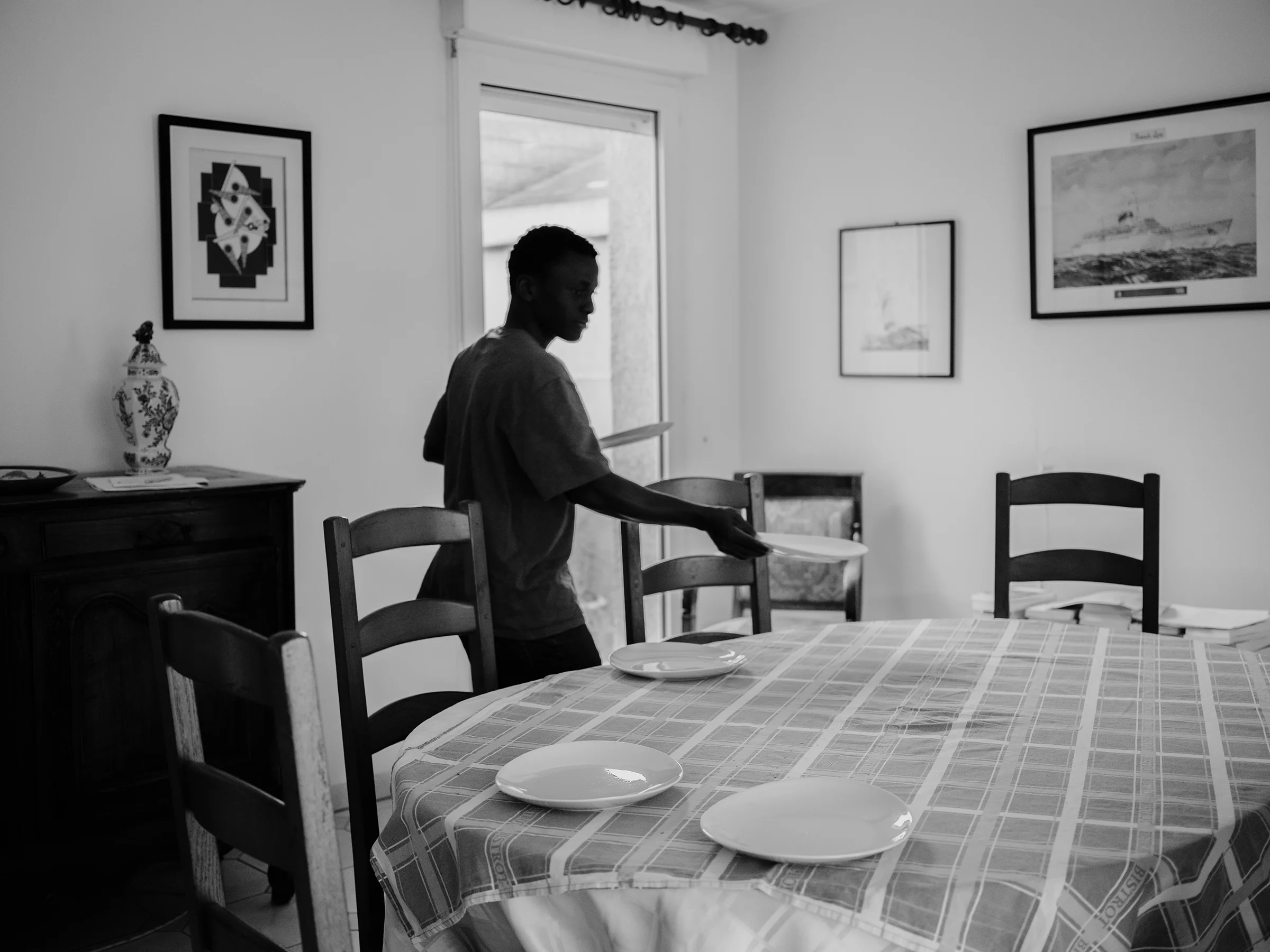


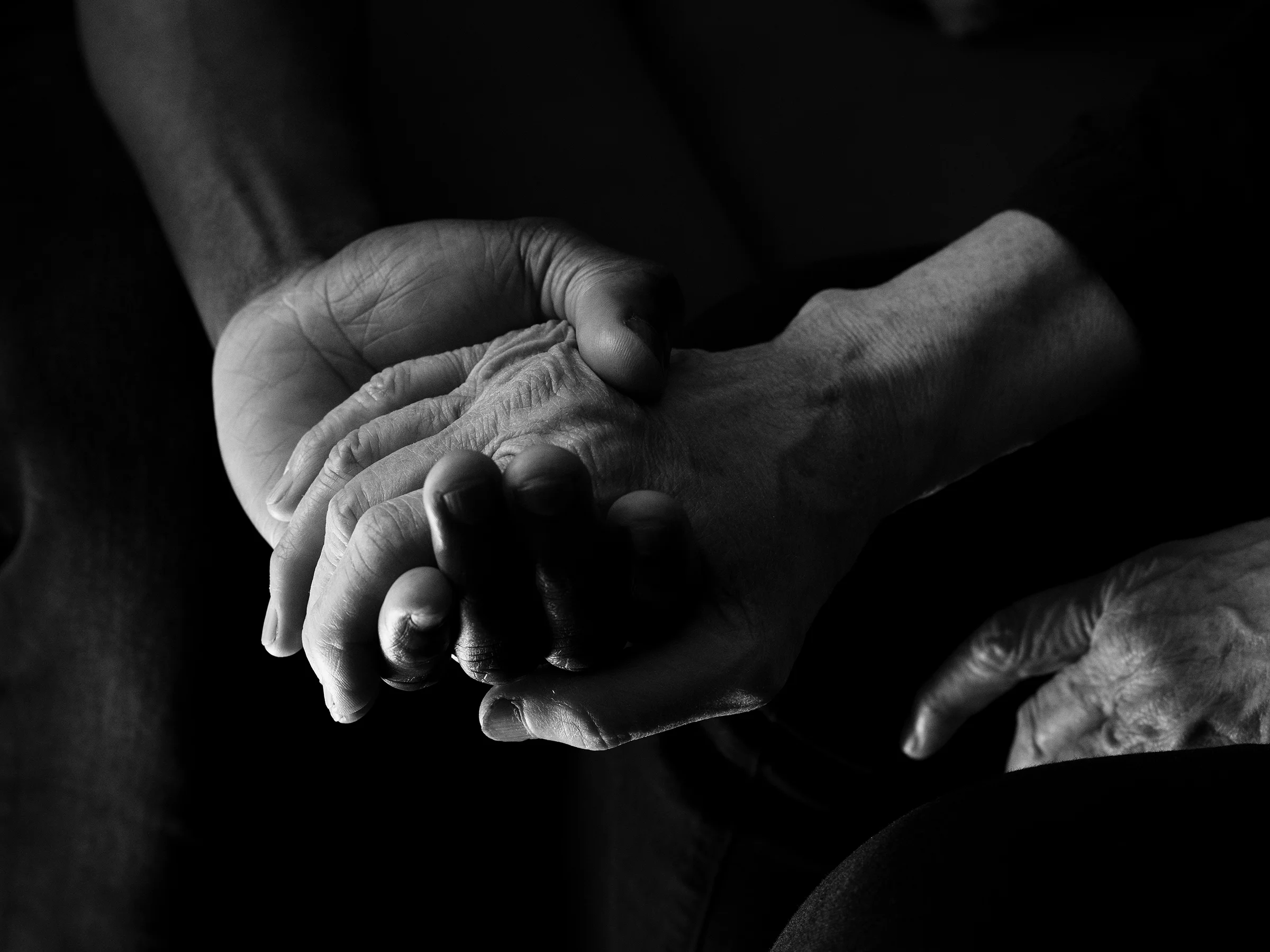
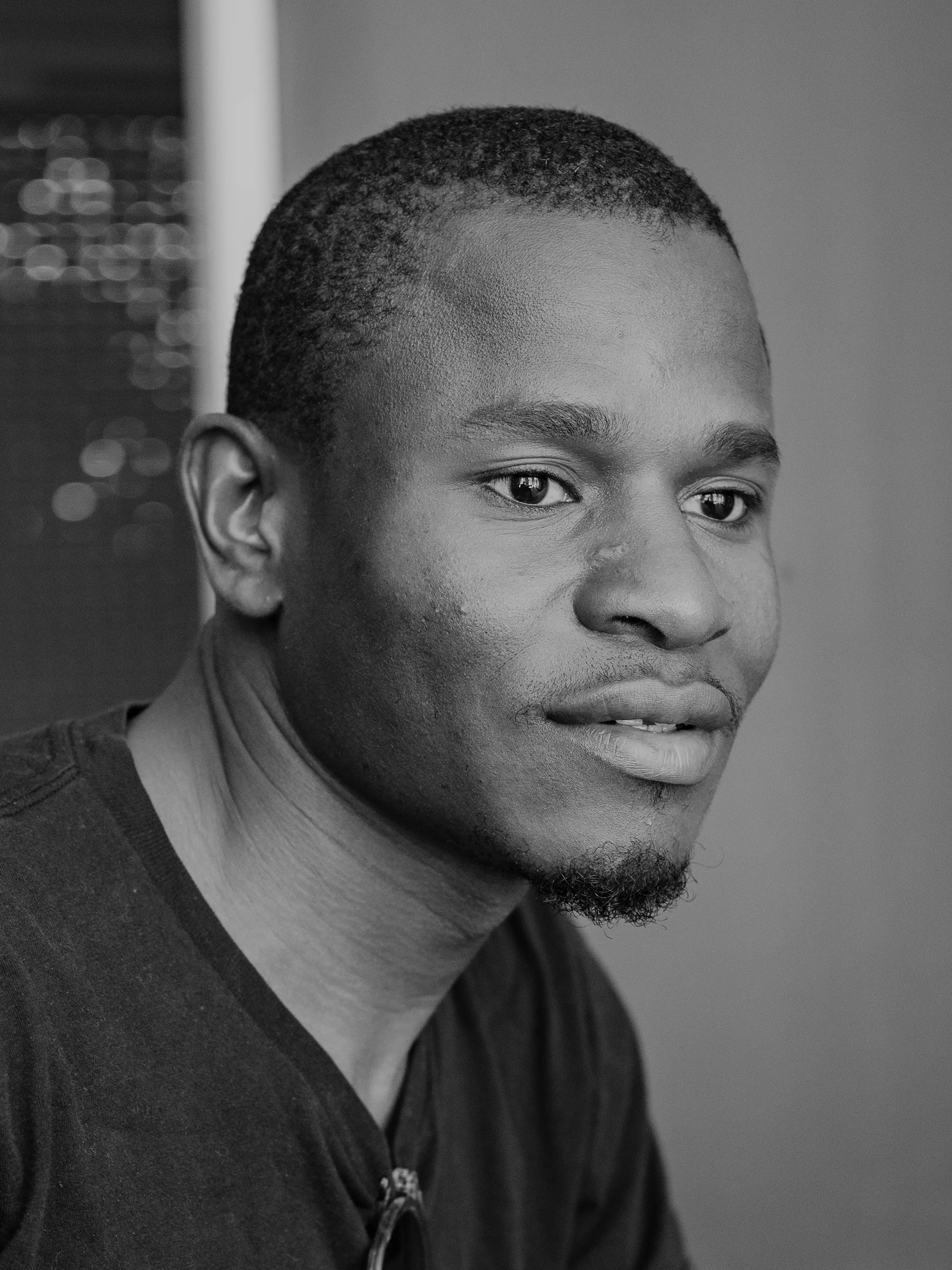
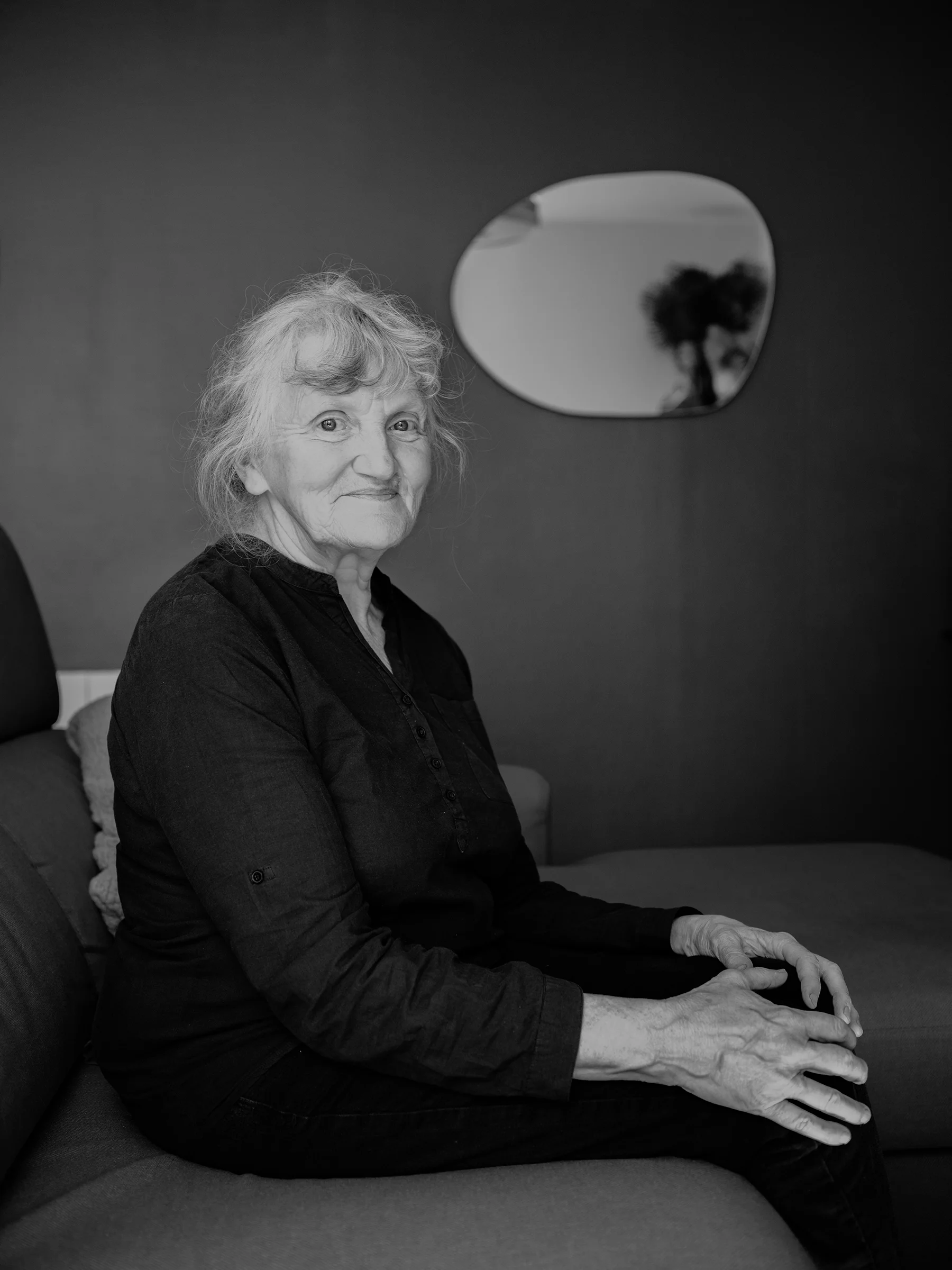
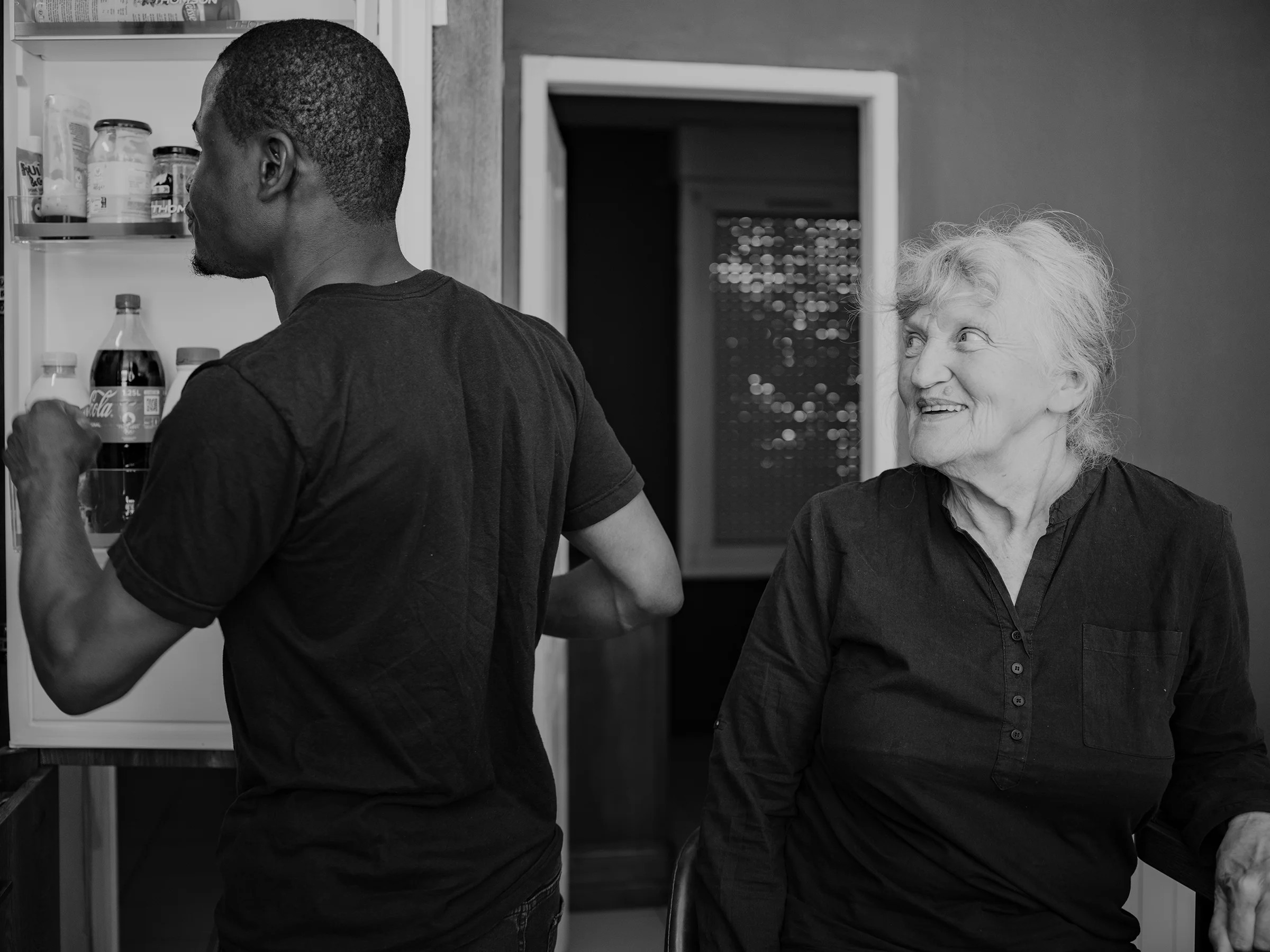
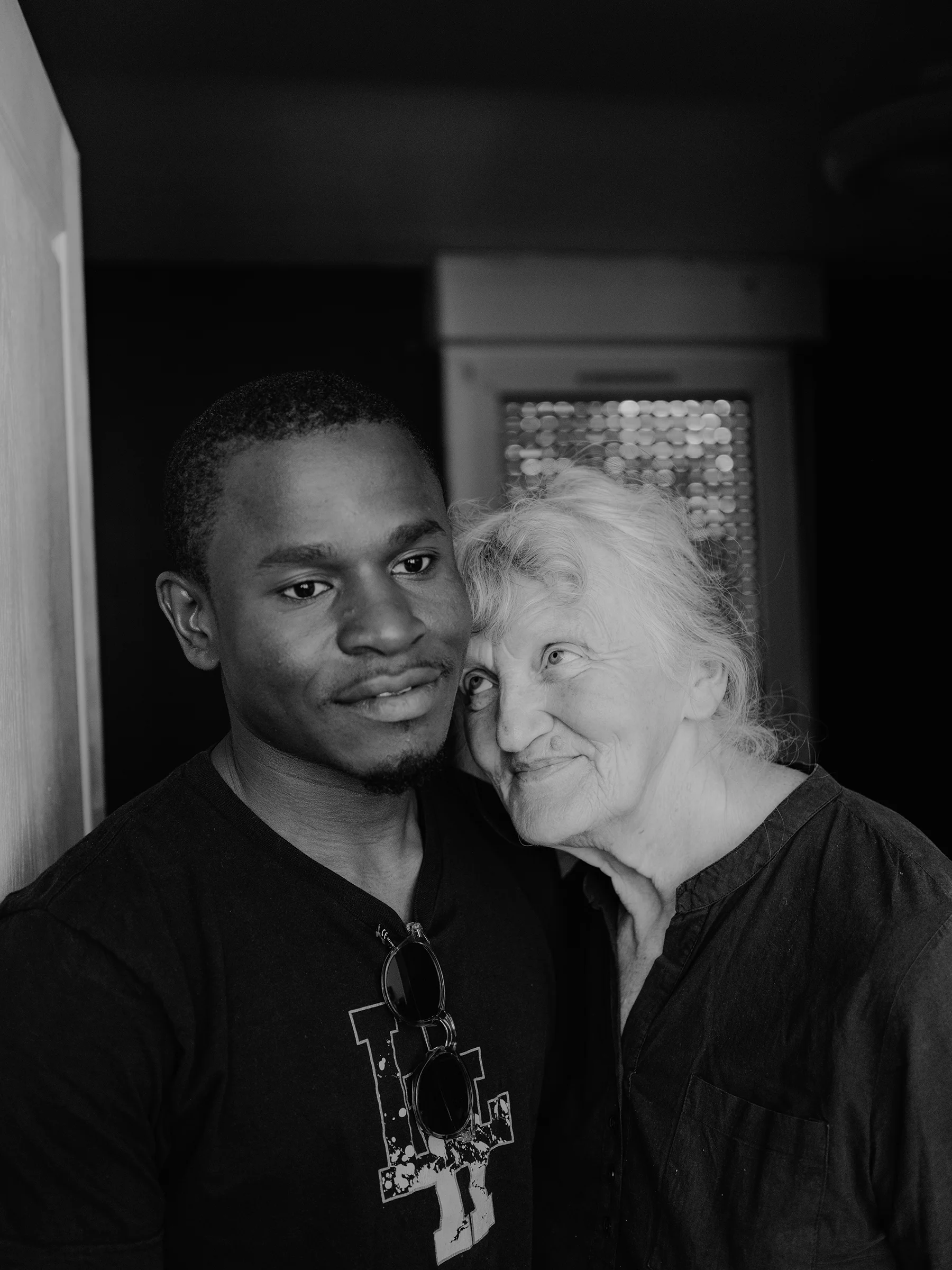

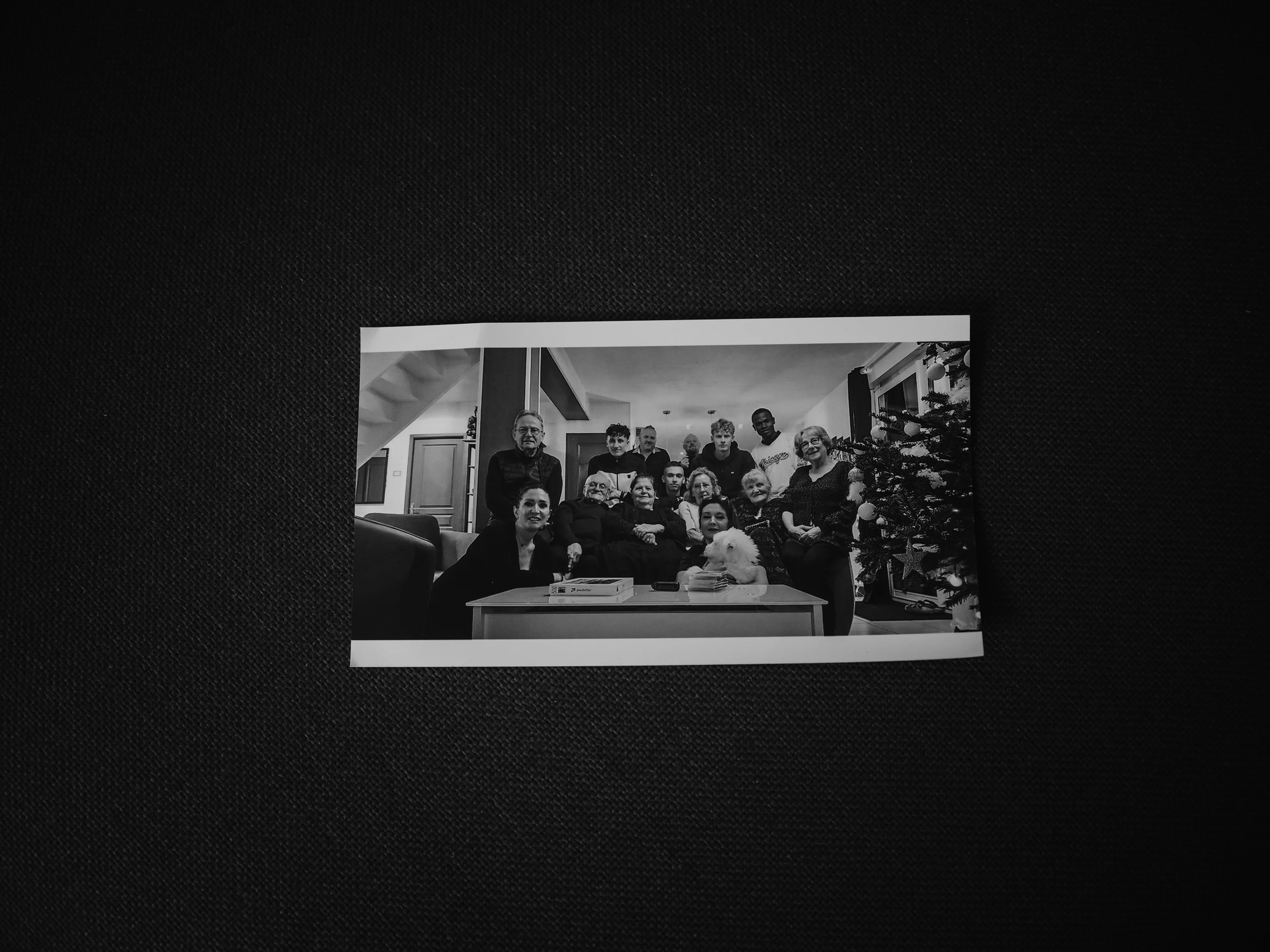


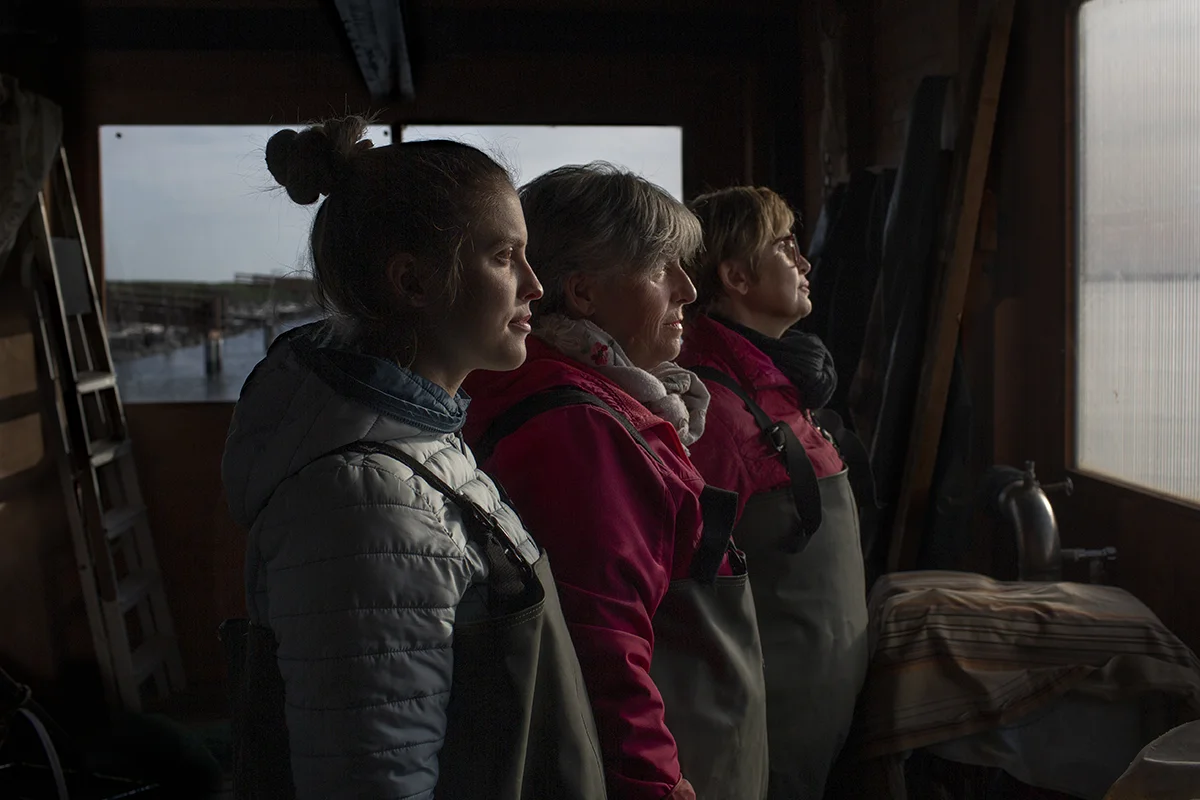

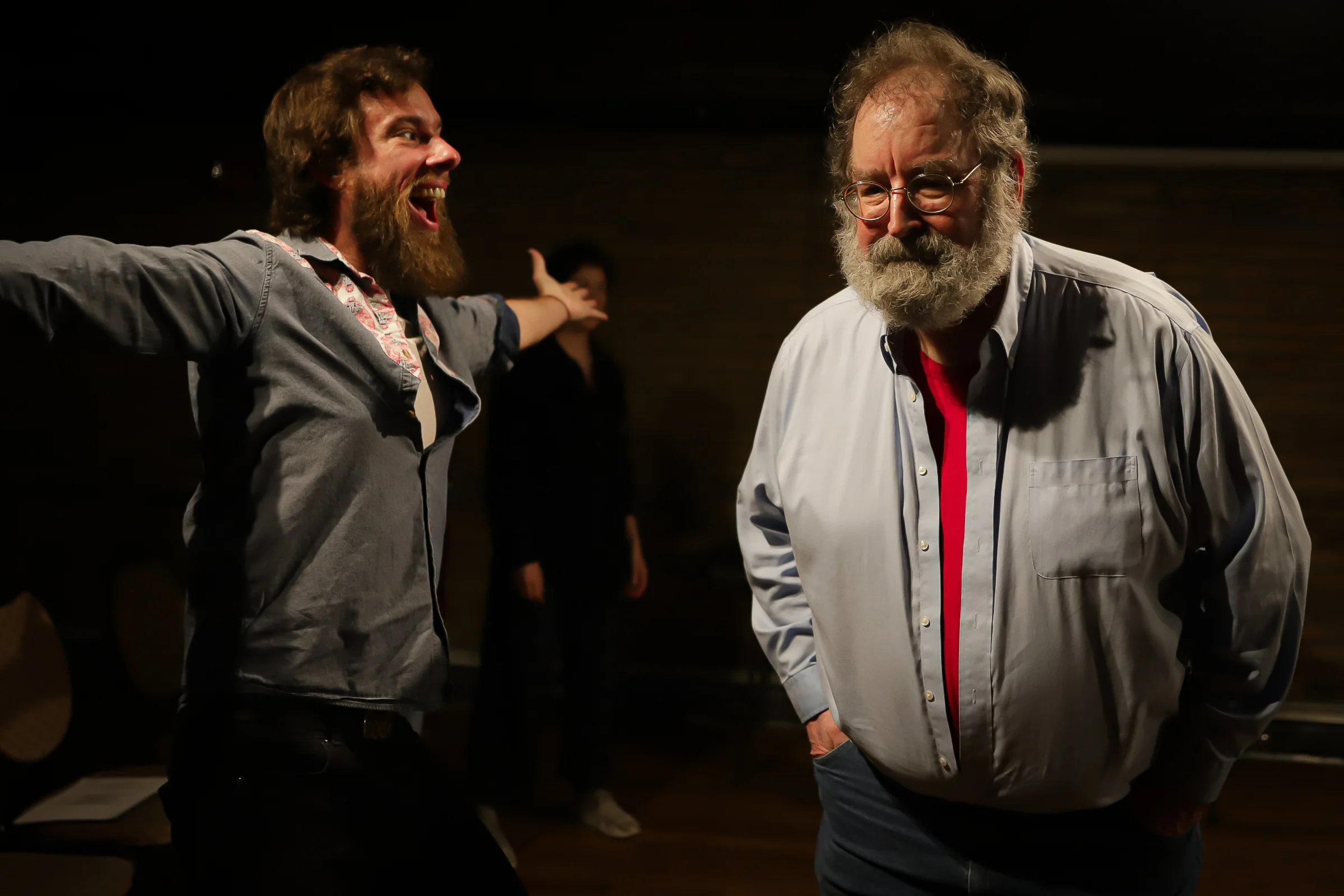

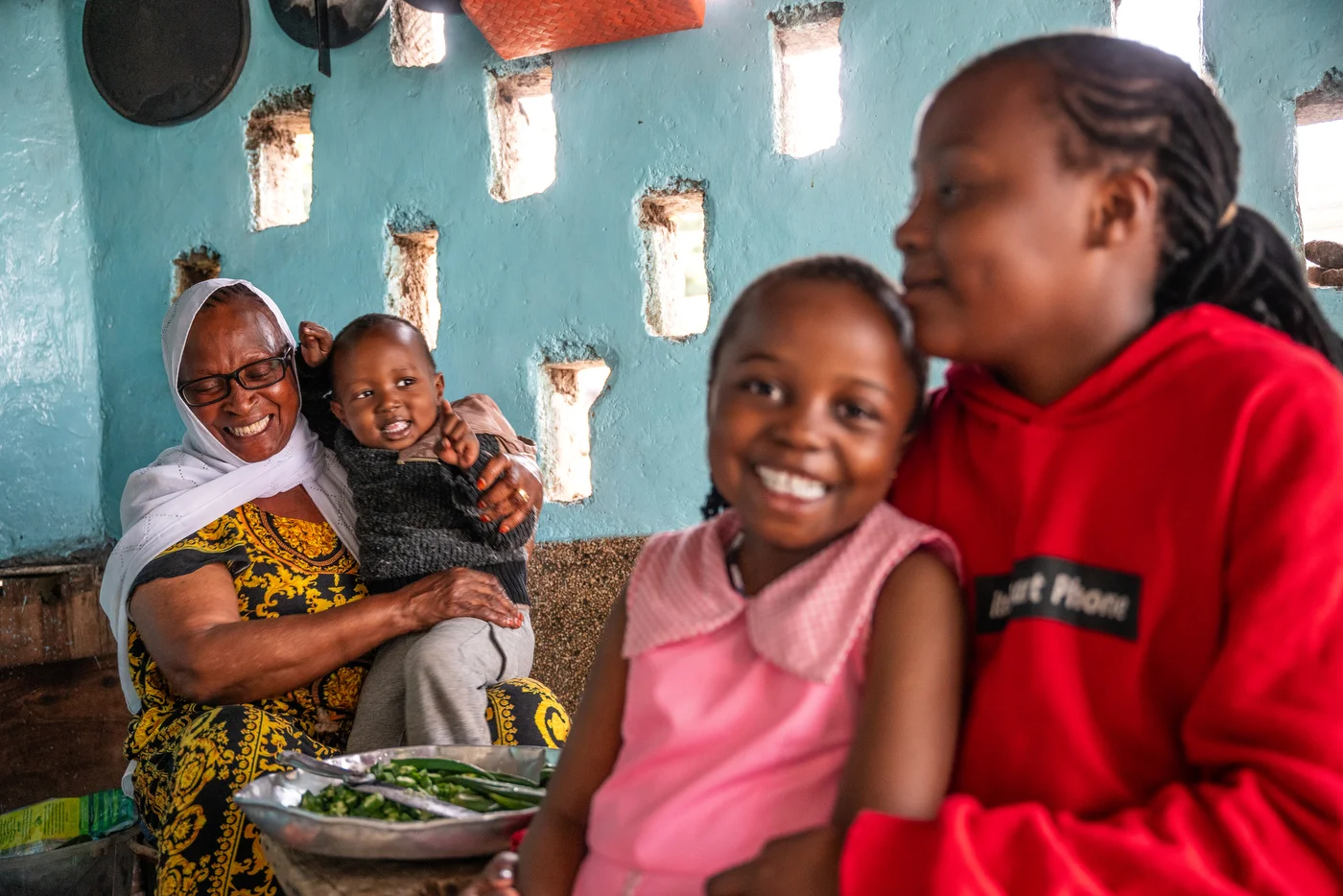
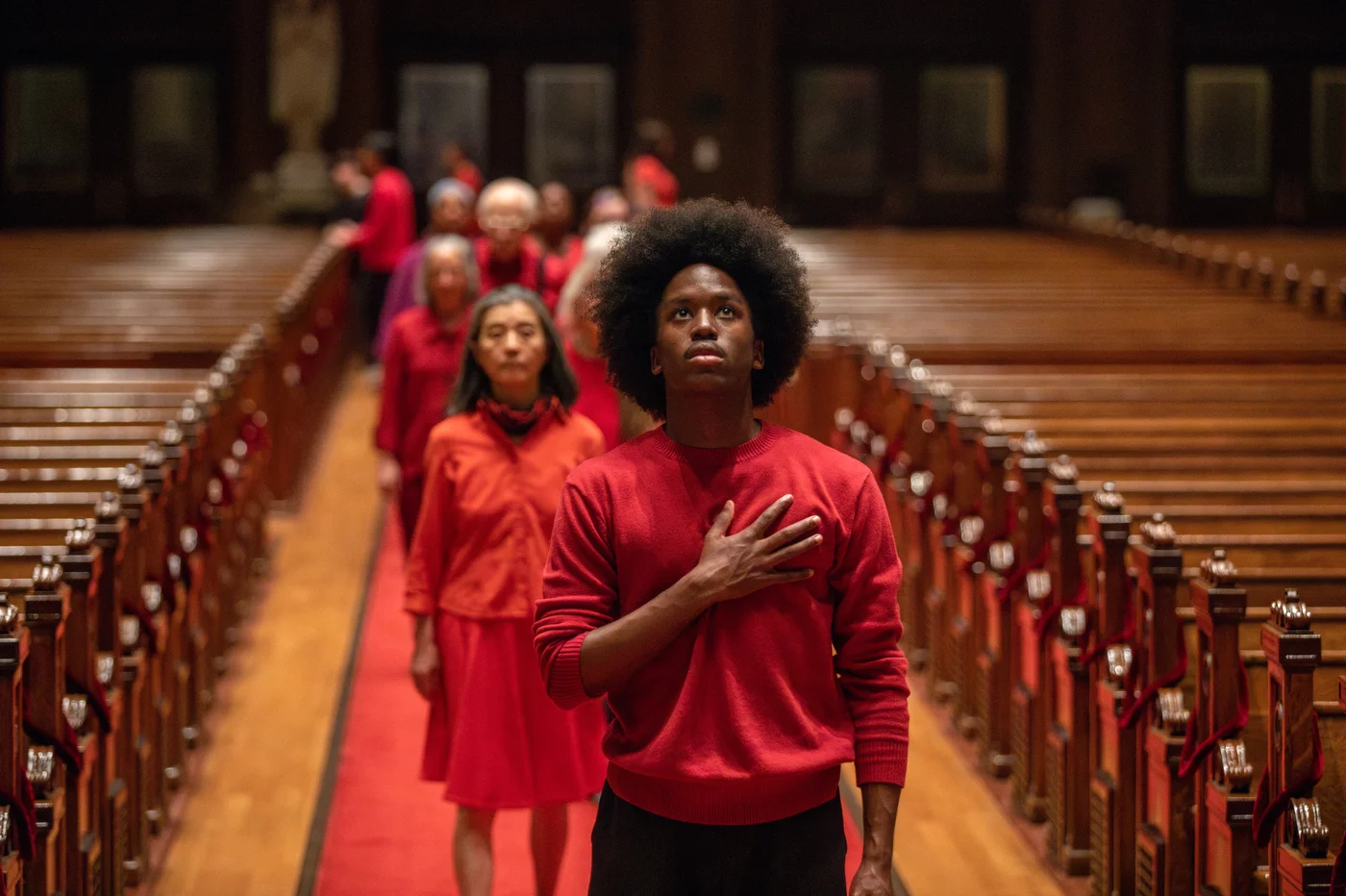
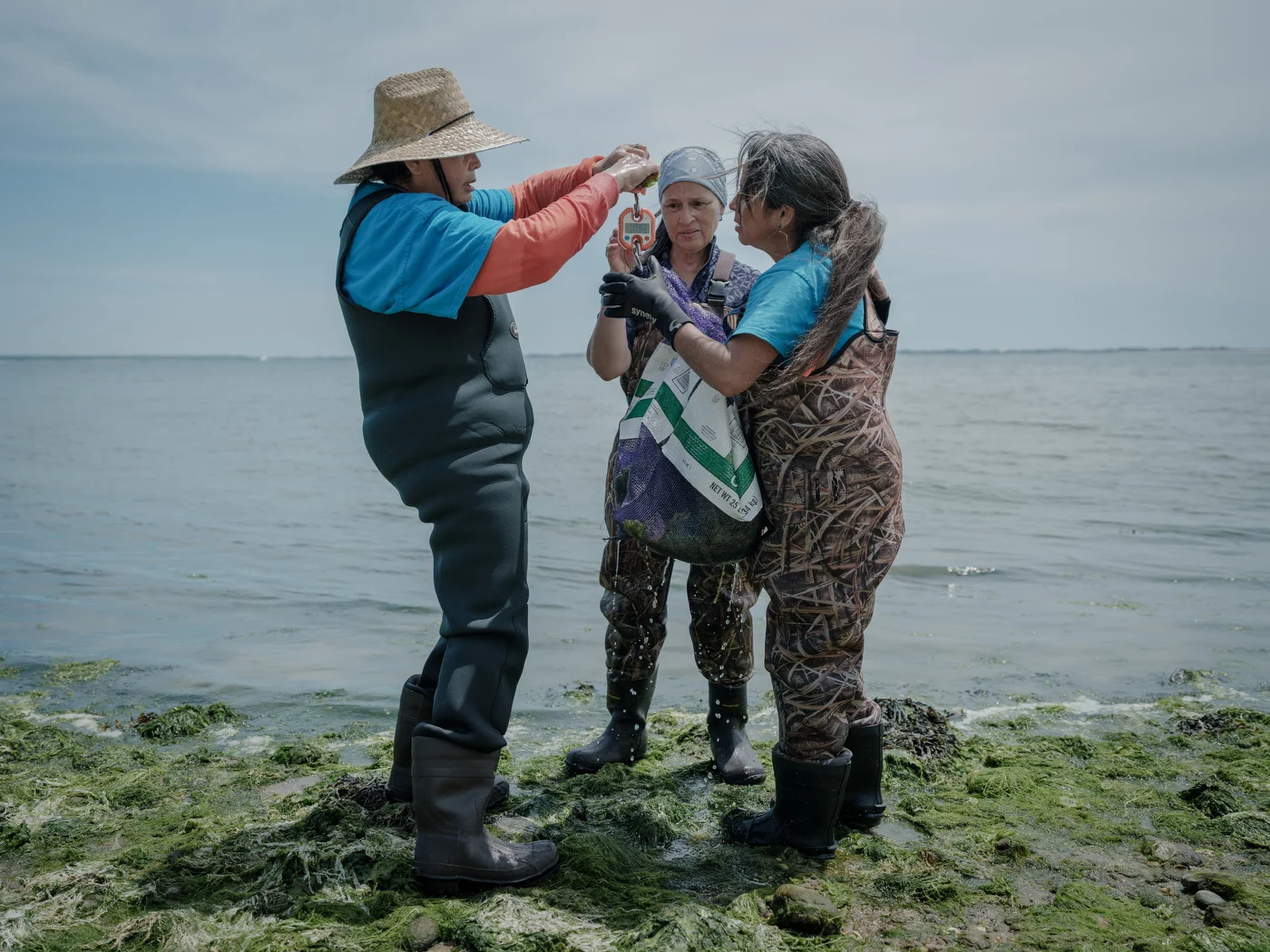















.svg)






